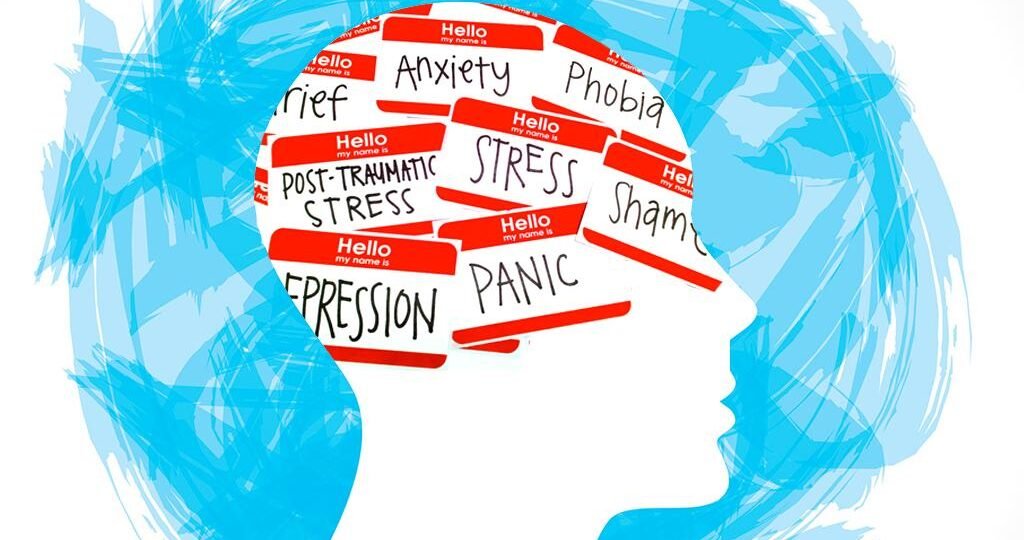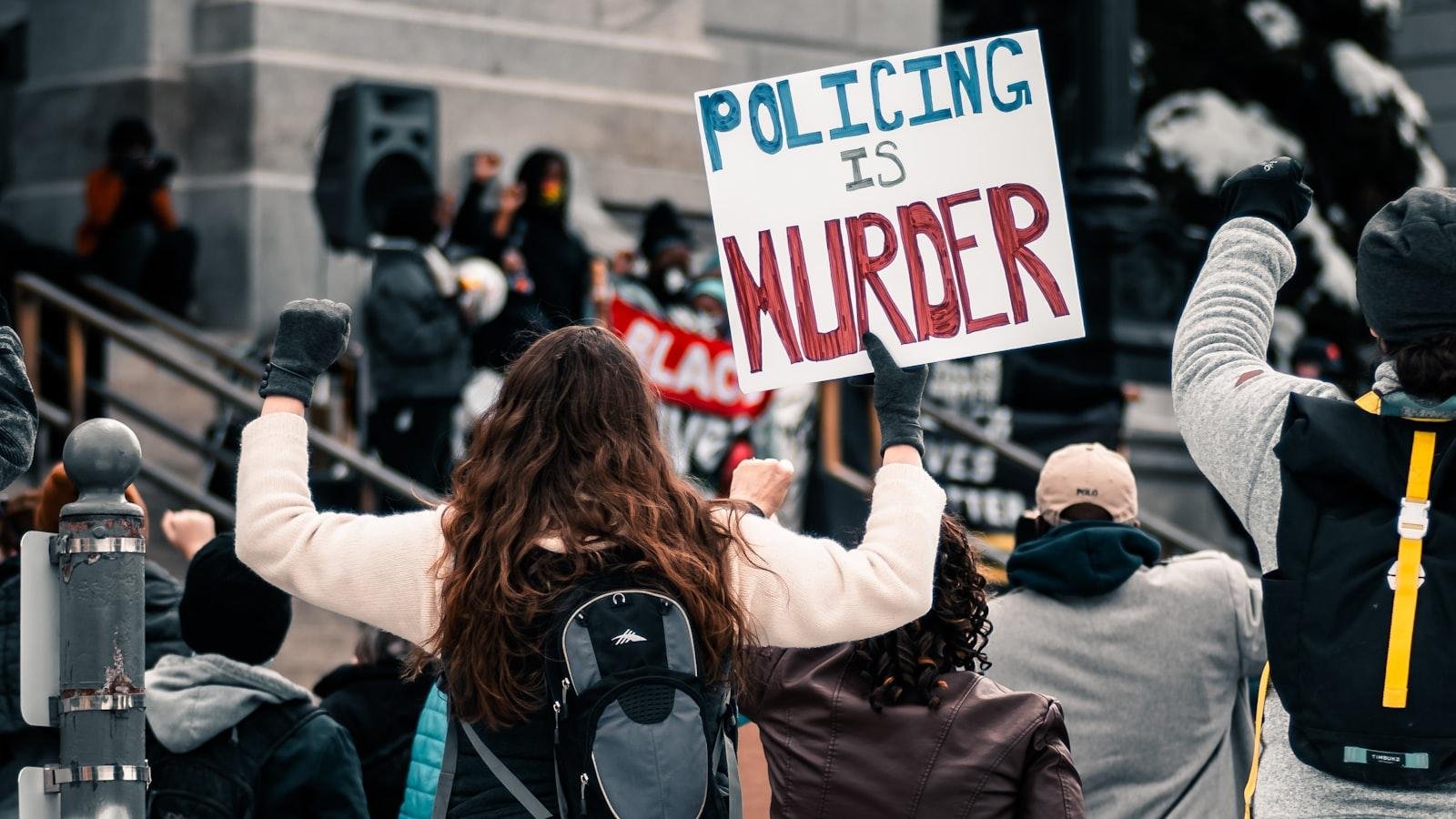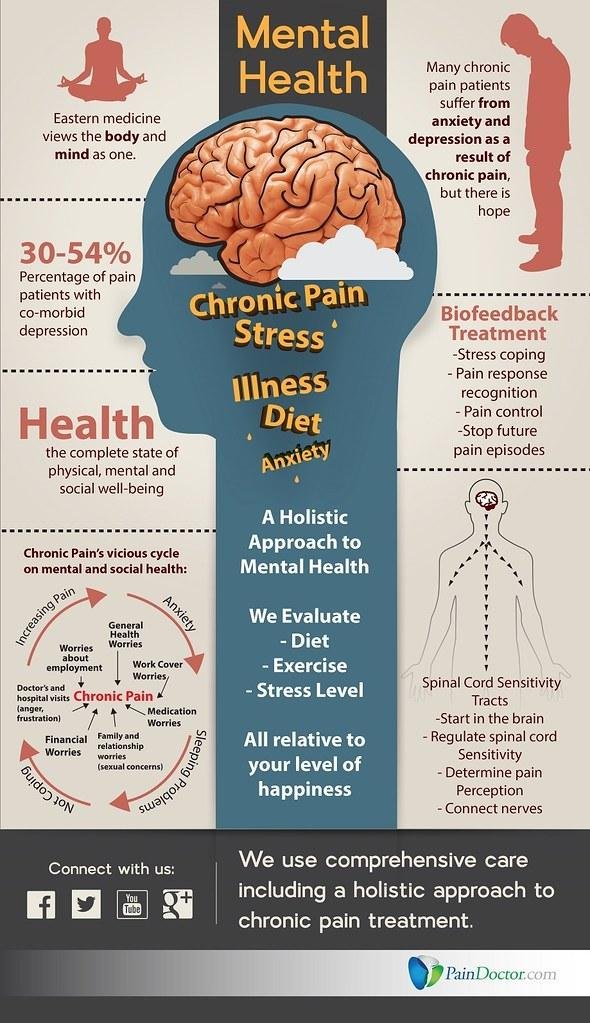“Breaking the Stigma: Conversations About Mental Health”
March 15, 2024 | by zhealtheist.com


Introduction: The Urgent Need to Talk About Mental Health
The conversation surrounding mental health has become increasingly paramount in today’s society. The ongoing stigma contributes to a culture of silence, further isolating those struggling with mental health issues. Break the stigma: Let’s plunge into the conversations about mental health!
Acknowledging the Prevailing Stigma
Mental health stigma is often perpetuated by societal misconceptions and a general lack of knowledge surrounding mental health disorders. Because of this stigma, people may feel hesitant in discussing their mental health problems, ultimately hindering their journey towards recovery.
Manifestations of Stigma
- Public stigma: Negative attitudes and discriminatory behaviour towards individuals with mental health problems is widespread within society.
- Self-stigma: Individuals internalizing societal stigma, leading them to develop negative self-image and a sense of hopelessness.
Impact of Stigma on Mental Health
Societal stigma against mental health can lead to a multitude of negative consequences, some of them being:
- Reluctance to seek help and treatment
- Lack of understanding by family, friends, and colleagues
- Fewer opportunities for work, school, or social activities
- Bullying, physical violence, or harassment
- Low self-esteem, isolation, and hopelessness
Breaking the Stigma: Opening Conversations About Mental Health
Breaking the mental health stigma starts with educating others, changing attitudes, and advocating for mental health inclusivity within all areas of life.
Education and Awareness
When it comes to mental health, education is a powerful weapon. Raising awareness about mental health conditions, causes, and impacts can make a remarkable difference in minds and hearts. Various initiatives and campaigns, such as “Mental Health Awareness Week”, aim to shine a light on mental health issues with the aim of encouraging more open conversations.
Practical Tips
- Learn and share facts about mental health.
- Encourage equality between physical and mental health.
- Offer support and kindness to people with mental health problems.
- Don’t label or judge people with mental health issues.
The Role of Media: A Case Study
Media can play a massive role in shaping societal perception about mental health. Let’s take the case of the movie “A Beautiful Mind”. This movie, depicting the life of a brilliant mathematician struggling with schizophrenia, shed light on mental health issues and prompted many conversations about mental health.
First-Hand Experience: Destigmatizing Mental Health
Sharing personal experiences can profoundly impact breaking down the stigma surrounding mental health. However, it can also be a daunting prospect due to the fear of judgement. It’s essential to underscore that it’s perfectly okay to share as much or as little as you’re comfortable with. Remember, each shared story contributes to creating a more accepting and understanding society.
Conclusion: The Journey of Breaking Stigma
Breaking the mental health stigma is not an overnight feat. It’s a long process – a journey that calls for continuous education, open conversations, and empathy. Our collective efforts can help create an environment where people with mental health issues are treated with respect, kindness, and understanding. Breaking the stigma: It’s time to keep these conversations about mental health going.
RELATED POSTS
View all



